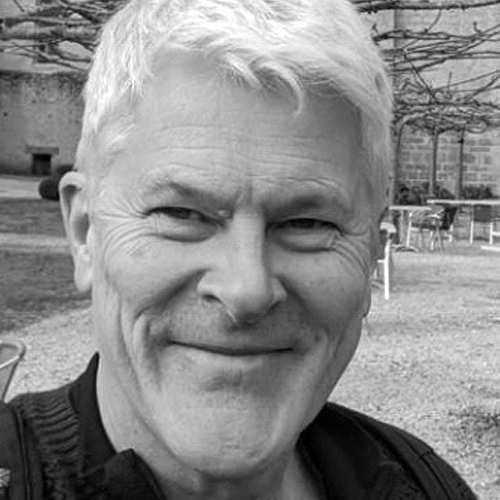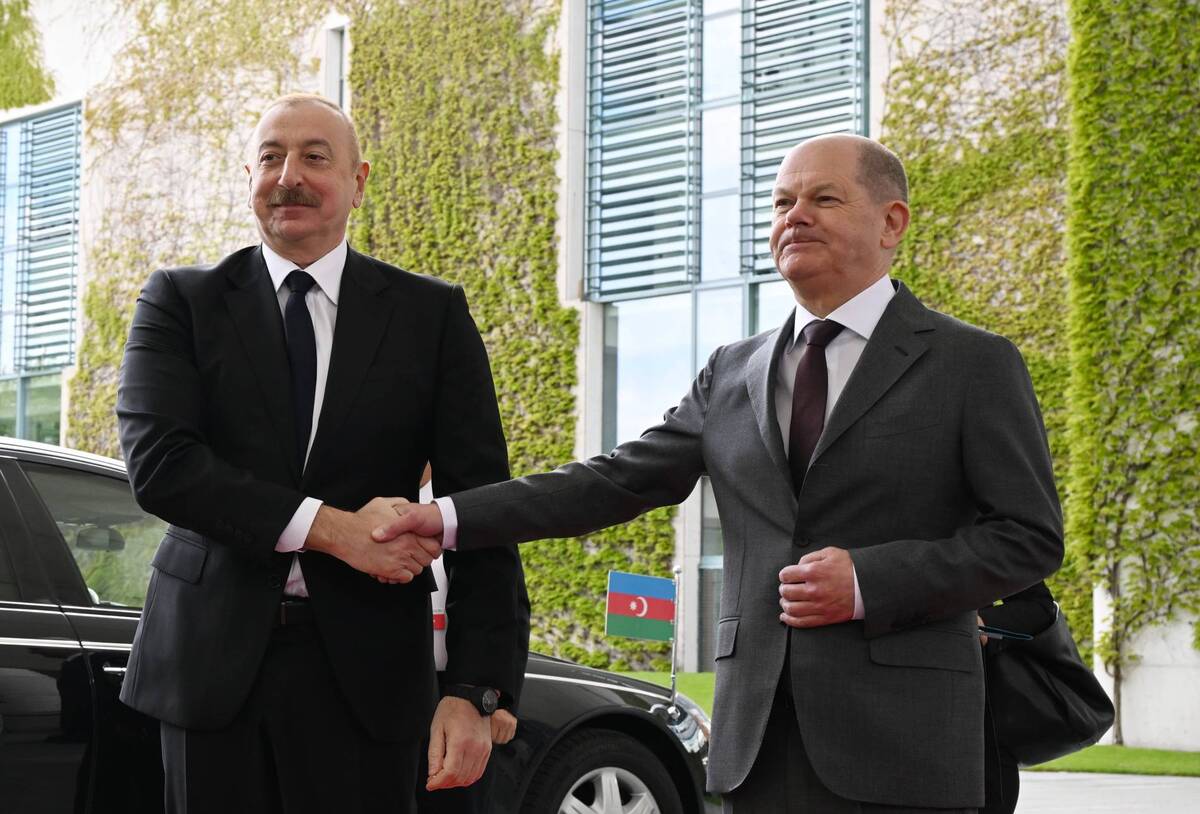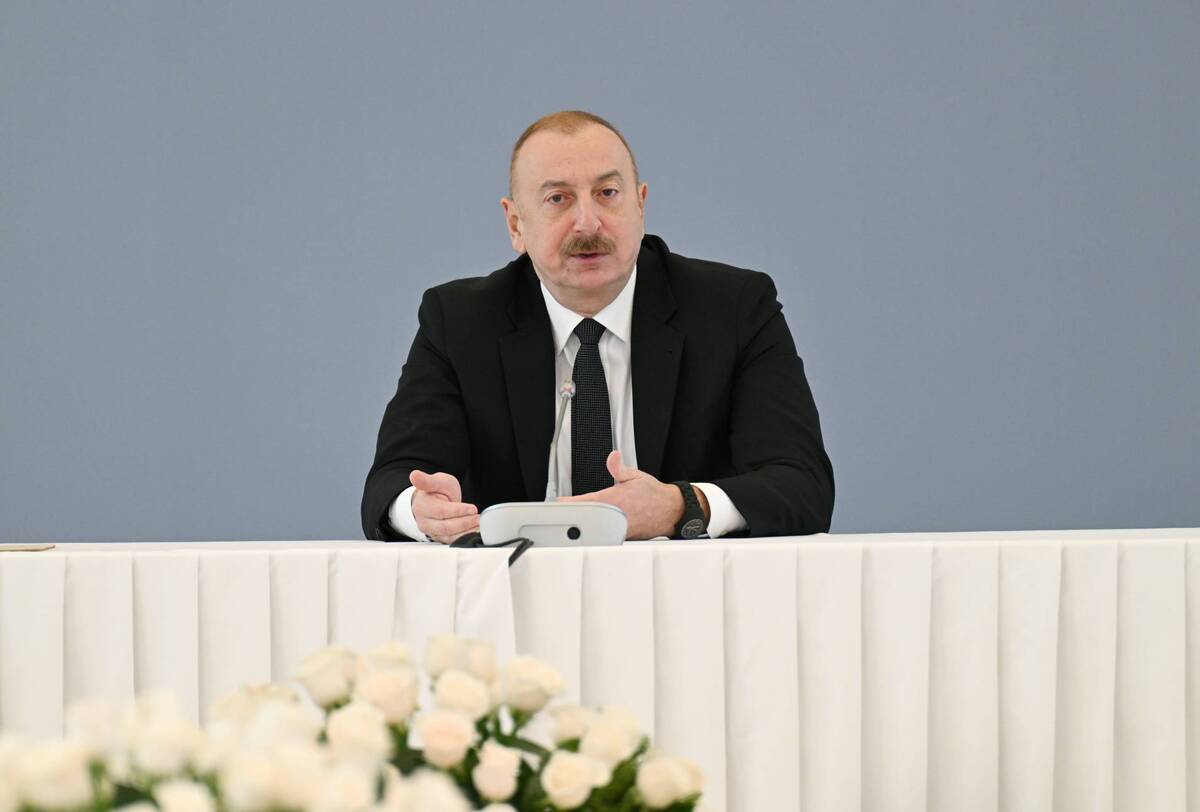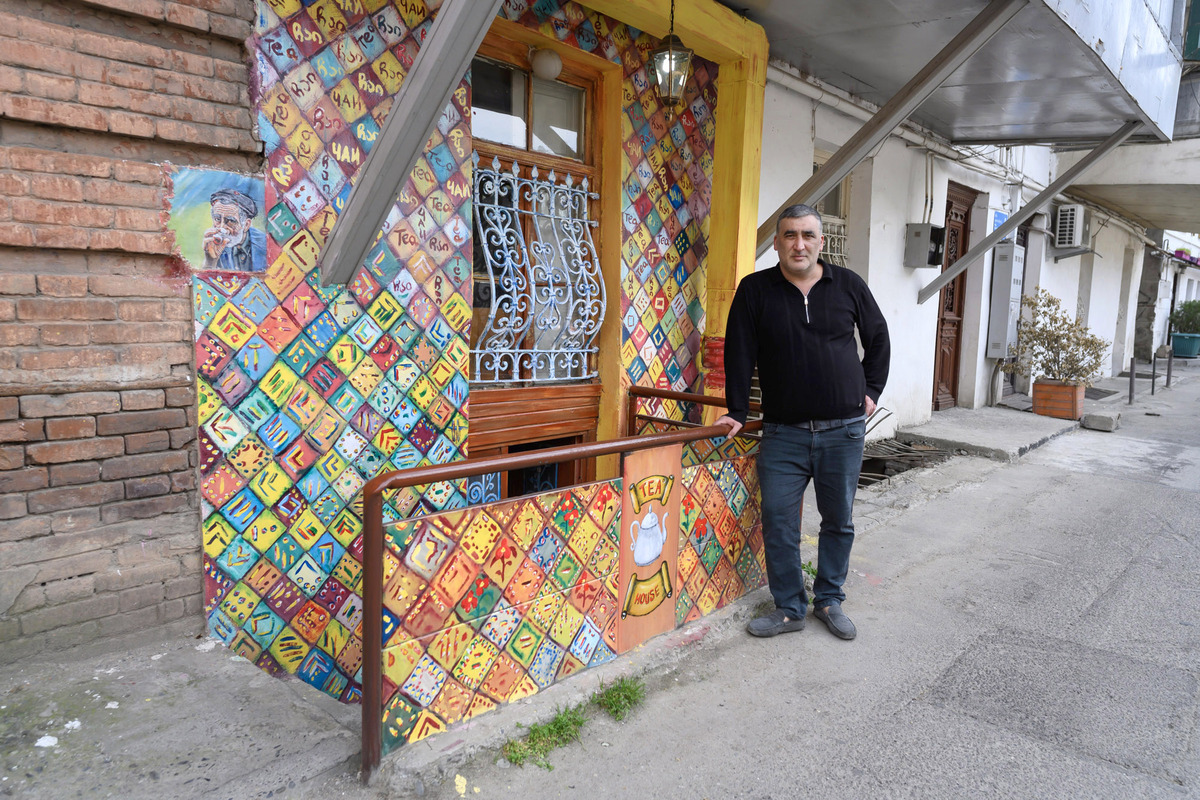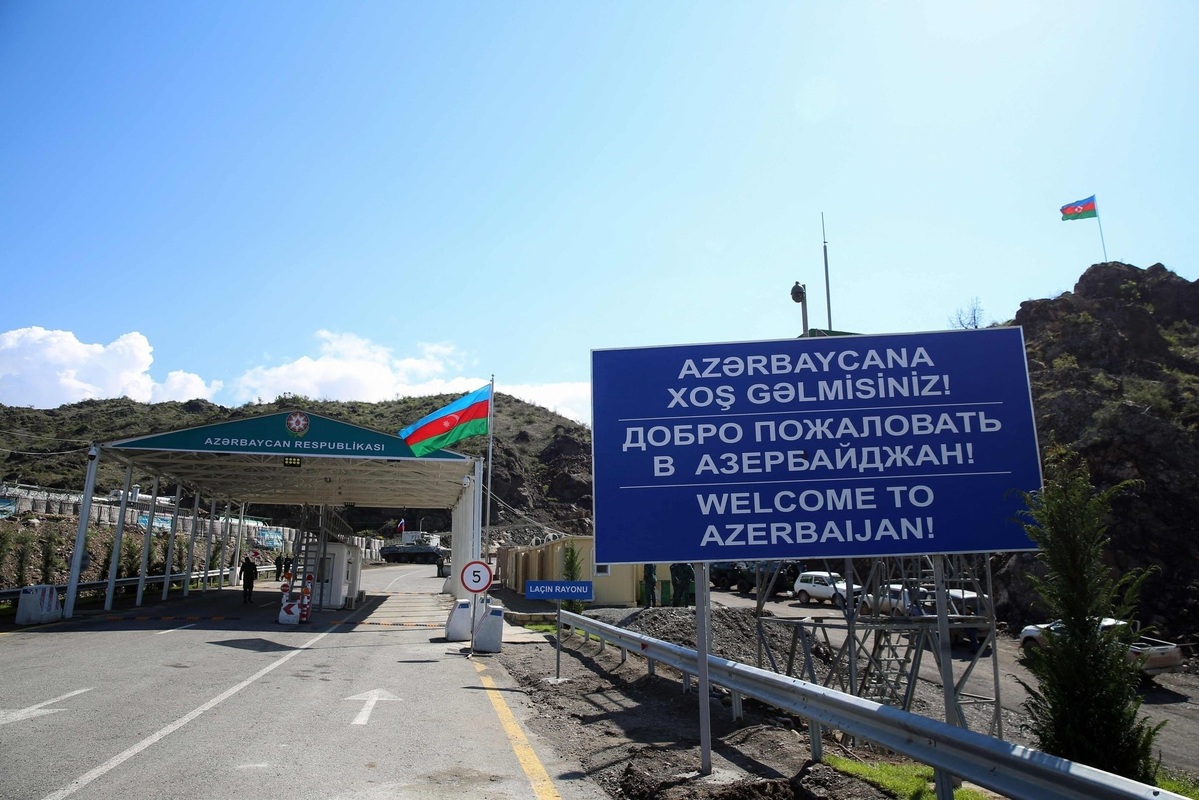- Home
- The Case of Vagif Khachatryan: Azerbaijan’s Indictment of the First Karabakh Armenian Accused of War Crimes
The Case of Vagif Khachatryan: Azerbaijan’s Indictment of the First Karabakh Armenian Accused of War Crimes
An ethnic Armenian from Azerbaijan’s Karabakh region has been sentenced to 15 years in jail for crimes dating back to 1991. For Baku, it’s the first major prosecution of someone accused of wartime massacres. However, Khachatryan insists he’s innocent.
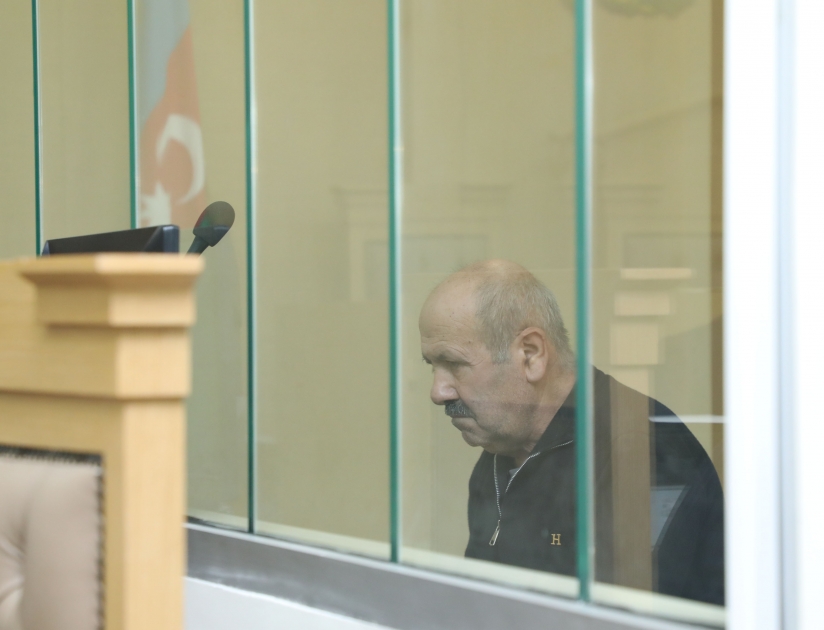
Image: xalqqazeti.az
On 29 July, 68-year-old Vagif Khachatryan was being transported along the Lachin Road from Karabakh by the ICRC (Red Cross). He was en route to Armenia for a heart operation, along with 14 other patients. However, before the convoy could cross the frontier, Khachatryan was intercepted by Azerbaijani border guards under suspicion of participation in the terrible events of 1991. He was subsequently arrested (the Armenian press framed this as a ‘kidnap’) and transferred to a medical facility in Baku awaiting trial.
The trial started on 17 October. The specific crime of which Khachatryan was accused is to have participated in ‘severe violence against the civilian population’ of Meshali village in the Khojali district of Karabakh on 22 December 1991. The events of that date saw 25 ethnic Azerbaijanis killed, 14 injured, and 358 forced out of their homes, according to figures issued by the Azerbaijani Prosecutor’s Office, which also claims that an international arrest warrant had been applied for against the accused in 2013—a claim disputed by journalists who were unable to find records of such a warrant.
Over a period of several weeks, various victims of the tragedy gave their testimonies of events, claiming to remember Khachatryan as one of the perpetrators. Some 32 years after the massacre, it was harder to establish more tangible proof and specifics of Khachatryan involvement, and the defendant gave a final speech in which he condemned whoever committed the massacre but insisted that he was not part of that group.
“I am a man who believes in God. May God punish those who committed that crime,” he is reported as saying.
Nonetheless, a guilty verdict and a sentence of 15 years in prison was passed down by Judge Zeynal Aghayev of Baku’s Military Court.
Azerbaijani sources insist that throughout the process Khachatryan has been treated with humanity, noting that he had access to an ICRC doctor and was represented by a reputable Azerbaijani defence lawyer, Radmila Abilova, who argued for his acquittal after the initially appointed attorney, Natig Beybalayev, stepped down on health grounds.
However, Armenian sources have questioned the legitimacy of the process, which some have dubbed a “sham trial,” with Armenia’s Human Rights Ombudsperson, Kristinne Grigoryan, tweeting that “international legal standards and guarantees related to human rights” had not been observed.
The case is important, not just because of the specifics of the crime but also because of the message it is likely to send to any Karabakh Armenians who might be considering returning to their homes and accepting life under Azerbaijani rules.
As a Eurasianet article pointed out back in July, virtually every Armenian man from Karabakh will at some point have been part of the separatist military, which Azerbaijan sees as an illegal armed formation. Undoubtedly, terrible crimes were committed, but regardless of an individual’s guilt or otherwise, Azerbaijan finds itself in an awkward position: prosecutions of this type are liable to undermine its professed desire to encourage Armenians of Karabakh origin to return to their homes. Such a return would show the world that Baku does not want their departure to become a fixture, something that could lead to accusations of ethnic cleansing. Such accusations Azerbaijan sees as gallingly unfair. That’s partly because for years so little notice was taken of the very large numbers of Azerbaijanis forced out of their homes when Armenians were the victors in the First Karabakh War. And partly because Baku feels that the September exodus was encouraged by widespread misinformation about its intentions. Certainly, Khachatryan’s arrest in July will have exacerbated such fears, but Baku might point to mooted attempts to do a deal on a general amnesty to avoid future cases of this type.
Meanwhile, Khachatryan’s incarceration might yet face challenges in the Appeal Court, Azerbaijan’s Supreme Court and even the European Court of Justice. During the trial proceedings, the European Court of Human Rights already demanded that it be kept abreast of Khachatryan’s situation and is likely to ensure that the case remains within the focus of the European justice system.
Read this next


